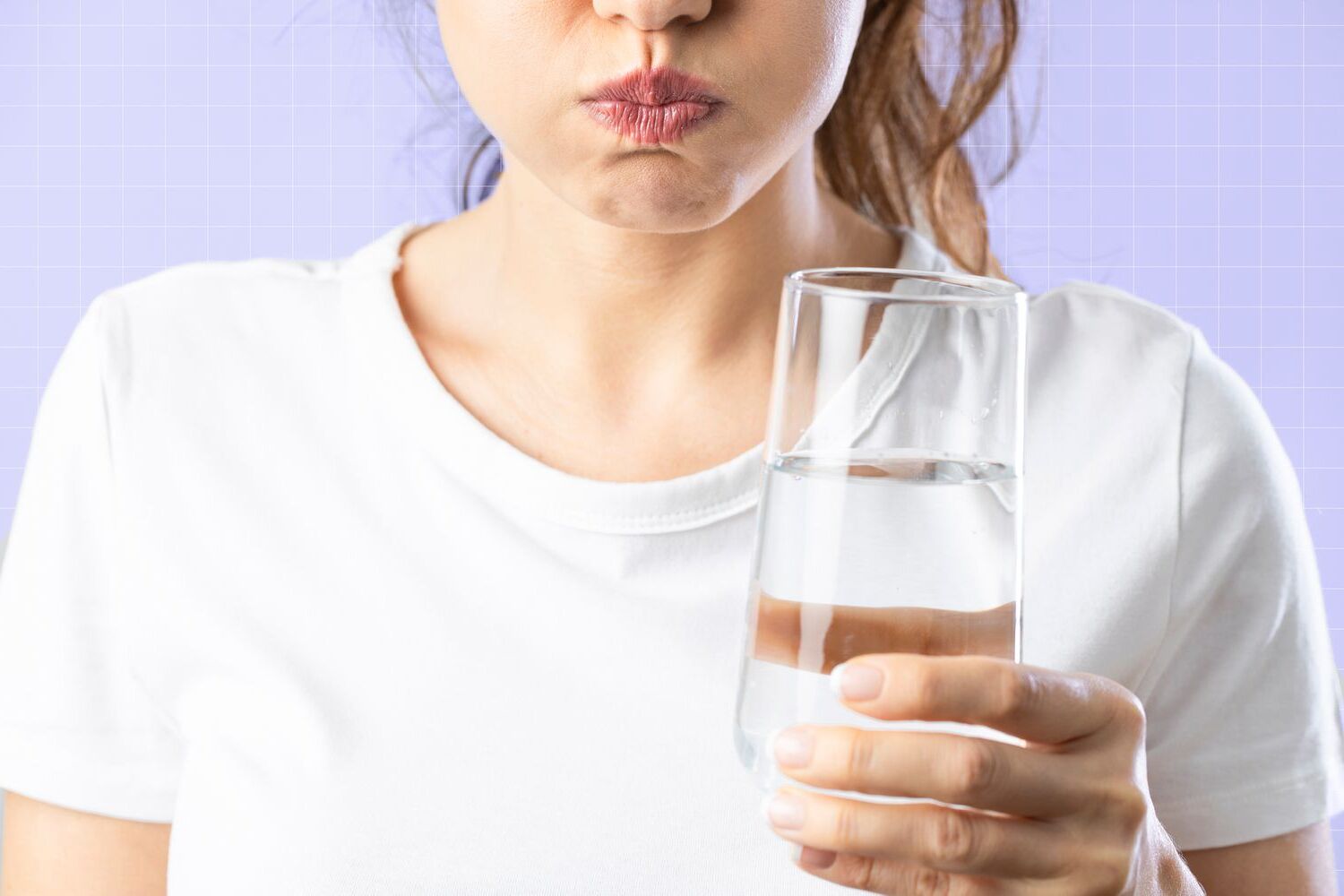
Why is rinsing rice important? Rinsing rice before cooking might seem like an extra step, but it makes a big difference. Rinsing rice removes surface starch, which can make rice gummy or sticky. It also helps get rid of any dirt, dust, or debris that might be on the grains. This step ensures that your rice cooks evenly and has a better texture. Plus, it can improve the flavor, making each bite more enjoyable. Whether you're making sushi, pilaf, or a simple bowl of steamed rice, taking a moment to rinse your rice can elevate your dish from good to great.
The Basics of Rinsing
Rinsing is a common practice in daily life, but there's more to it than meets the eye. Here are some interesting facts about rinsing that you might not know.
-
Rinsing helps remove surface dirt and contaminants from food, making it safer to eat.
-
Cold water is often more effective than hot water for rinsing fruits and vegetables because it helps prevent the breakdown of nutrients.
-
Rinsing rice before cooking can remove excess starch, resulting in fluffier, less sticky rice.
-
Some people rinse pasta after cooking to stop the cooking process and remove excess starch, but this can also wash away some of the flavor.
Rinsing in Personal Hygiene
Rinsing plays a crucial role in personal hygiene, from brushing teeth to washing hair. Let's explore some key facts.
-
Rinsing your mouth with water after brushing can help remove residual toothpaste and food particles.
-
Using mouthwash after rinsing can provide additional protection against bacteria and bad breath.
-
Rinsing hair with cold water after shampooing can help close the hair cuticles, making hair shinier and less prone to damage.
-
Some people rinse their skin with cold water to tighten pores and reduce inflammation.
Rinsing in Cleaning
Rinsing is not just for food and personal hygiene; it's also an essential step in cleaning various items around the house.
-
Rinsing dishes before putting them in the dishwasher can help prevent food particles from clogging the machine.
-
Rinsing laundry after washing can help remove detergent residue, which can cause skin irritation.
-
Rinsing your car after washing can help remove soap and prevent water spots.
-
Rinsing windows after cleaning can help remove streaks and leave them sparkling.
Rinsing in Health and Wellness
Rinsing has several health benefits that go beyond cleanliness. Here are some facts related to health and wellness.
-
Rinsing your nasal passages with saline solution can help relieve congestion and reduce allergy symptoms.
-
Rinsing your eyes with clean water can help remove irritants and reduce redness.
-
Rinsing wounds with clean water can help prevent infection and promote healing.
-
Rinsing your mouth with salt water can help soothe a sore throat and reduce inflammation.
Rinsing in Cooking
Rinsing is a common practice in cooking, and it can affect the taste and texture of your food. Here are some interesting facts.
-
Rinsing canned beans can reduce their sodium content by up to 40%.
-
Rinsing quinoa before cooking can remove its natural coating, which can taste bitter.
-
Rinsing meat before cooking is not recommended, as it can spread bacteria to other surfaces in your kitchen.
-
Rinsing fish before cooking can help remove any remaining scales and improve its flavor.
Rinsing in Gardening
Rinsing can also play a role in gardening, helping to keep plants healthy and thriving. Here are some facts related to gardening.
-
Rinsing plant leaves with water can help remove dust and pests, improving their ability to photosynthesize.
-
Rinsing soil with water can help remove excess salts and improve soil quality.
-
Rinsing seeds before planting can help remove any chemicals or contaminants, promoting healthier growth.
-
Rinsing gardening tools after use can help prevent the spread of diseases between plants.
Miscellaneous Rinsing Facts
Rinsing has many other applications that you might not have considered. Here are a few more interesting facts.
-
Rinsing your hands with water alone can remove some dirt and germs, but using soap is more effective.
-
Rinsing reusable water bottles can help prevent the buildup of bacteria and mold.
-
Rinsing your pet's fur with water can help remove dirt and allergens, keeping them clean and healthy.
Final Thoughts on Rinsing
Rinsing plays a crucial role in our daily lives, from personal hygiene to food safety. It helps remove dirt, bacteria, and other contaminants, ensuring we stay healthy. Whether it's rinsing fruits and vegetables before eating or washing hands to prevent illness, this simple act makes a big difference.
Understanding the importance of rinsing can lead to better habits and improved health outcomes. Remember, not all rinsing methods are created equal. Using clean water and proper techniques is key to effective rinsing.
So next time you rinse, think about the benefits it brings. It's a small step with significant impact. Keep these facts in mind, and you'll be well on your way to a cleaner, healthier lifestyle.
Was this page helpful?
Our commitment to delivering trustworthy and engaging content is at the heart of what we do. Each fact on our site is contributed by real users like you, bringing a wealth of diverse insights and information. To ensure the highest standards of accuracy and reliability, our dedicated editors meticulously review each submission. This process guarantees that the facts we share are not only fascinating but also credible. Trust in our commitment to quality and authenticity as you explore and learn with us.


